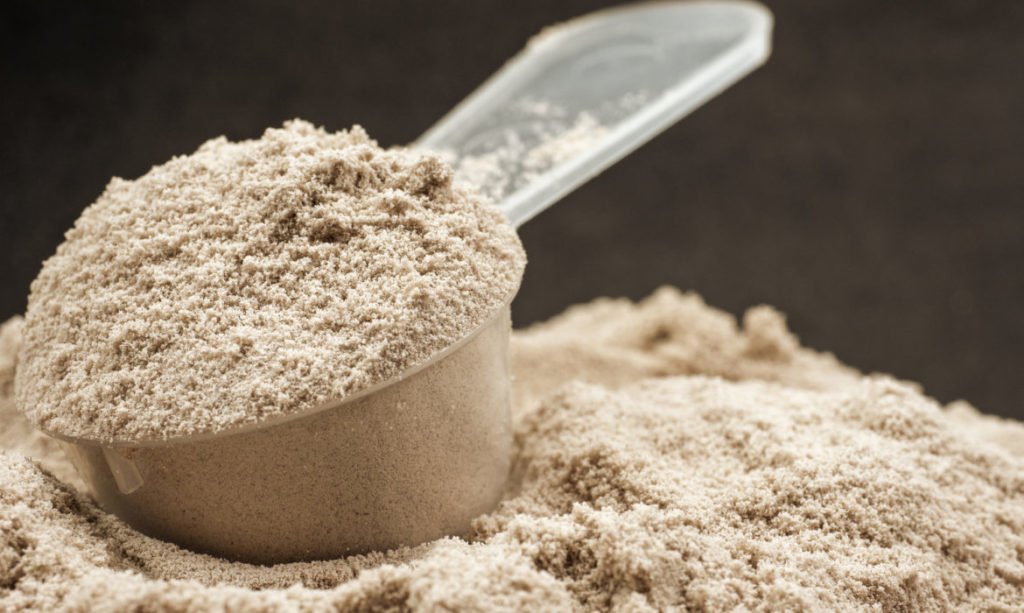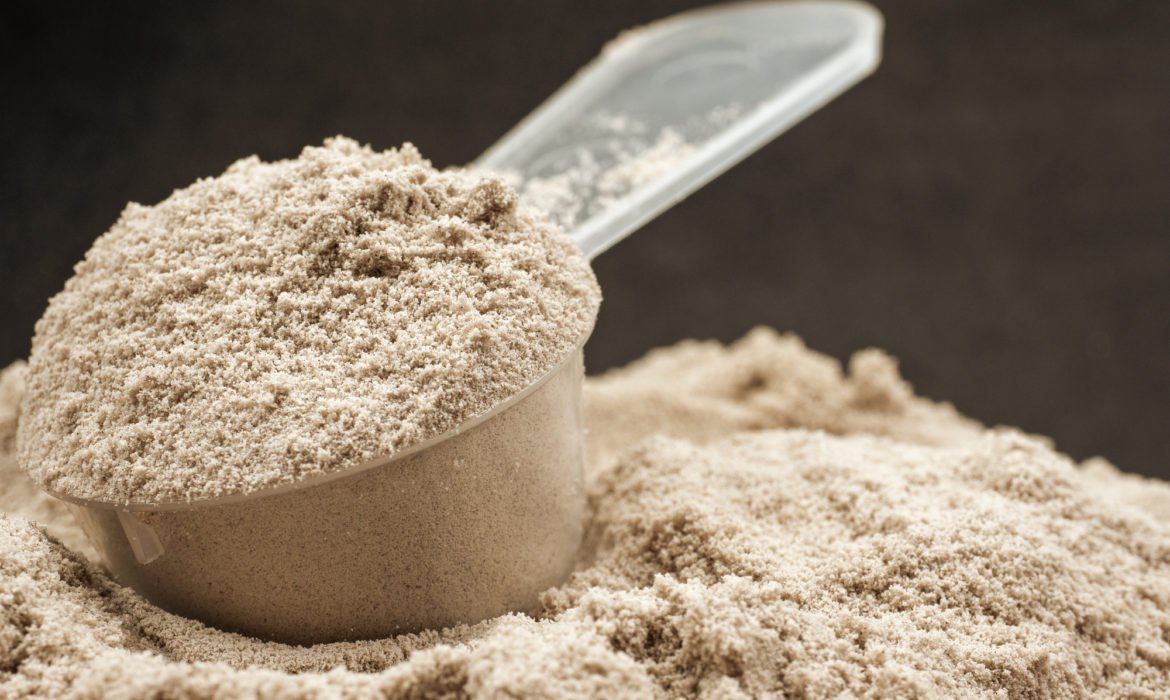Protein powder is the best supplement for obtaining nutrients, building muscles, and losing weight. So if you are thinking about trying a protein powder, here are the amazing protein powder benefits you have ever heard of and the good reasons why you should add one to your daily regimen and also we’ve highlighted the most common types of protein powder and the best uses for each. Let’s dig in.
HEALTH BENEFITS OF PROTEIN POWDER

Let’s get started with the health benefits of protein powder.
- AIDS WEIGHT LOSS: Studies show that protein powder helps to lose weight in two ways;
- Post-meal thermogenesis or fat burning
- By enhancing satiety means it helps you feel full for long thus reducing your calorie intake.
- PROMOTE MUSCLE GROWTH: Protein powder stimulates protein synthesis which is essential for muscle growth
- Research shows that dieters who obtain a larger percentage of their calories from protein tend to lose more fat, and less lean muscle mass, and also increased protein intake reduces the amount of bodyweight which is regained after weight loss.
- Protein powder is great for post-workout recovery and anabolism.
- PROTEIN INTAKE FOR STRENGTH: Intake of protein is advantageous for all especially athletes when muscle hypertrophy is required.
The consumption of whole foods is the preferable way to obtain nutrients, but if you have difficulty in consuming adequate protein then supplementation of protein powders may make sense.
TYPES OF PROTEIN POWDER
We have listed below the most common types of protein powder, you select the right variant for you. Let’s checkout
- Whey protein powder
This dairy-based product is rich in vitamins and minerals and has become a post-workout staple in the diets of athletes and gym-goers alike. The reason behind whey became the way to go for many: it has been shown to help repair muscles, and increase muscle strength and size when consumed within two hours of your workout.
- Casein protein powder:
Like whey, casein protein also comes from dairy and is the primary protein found in cow’s milk. But it digests slower due to a complex interaction of stomach acids. This results in a slower release of essential proteins and amino acids and that makes casein the most preferred supplement in situations when a slow release of nutrients is beneficial (like before bed when you are going 7-10 hours without food)
- Pea protein powder:
This hundred percent plant-based protein is made from yellow peas and towers above common protein powder in a few regards. First of all, it is naturally fat- and cholesterol-free because it comes from a plant after all. Secondly, pea protein isn’t derived from dairy, making it appropriate for those who are lactose-intolerant. Lastly, it’s completely gluten-free, which helps you avoid gastric distress when supplementing frequently.
- Soy protein powder:
Soybeans are another form of plant-based protein that still contains all of your amino acids which is referred to as a complete protein. Certain studies have proven that soy protein is best for stimulating muscle growth after a tough strength training session. Anyway, the benefits of soy extend beyond the others. The isoflavones, organic compounds present in soy, have been shown to potentially reduce the risk of cancer and cardiovascular disease.
- Hemp protein powder:
It is made from hemp seeds, hemp protein contains very little THC so it is safe to consume without any side effects. Nutritionally speaking, Hemp has more to offer than just protein content. They are thought of as a superfood due to their high content of omega-3 and omega-6 fatty acids. It is also a hundred percentage plant-based and highly digestible, meaning less GI distress for some users.
- Brown rice protein powder:
When compared to whey the benefits of both rice protein and whey offered nearly the same benefit. Rice protein is also gluten-free which makes it a safer choice for those with gluten allergies.
CONSIDERATIONS
- If you have renal disease be aware of the potassium, sodium, and protein content of a protein supplement product.
- If you have a dairy allergy you should avoid powders containing whey and casein
- If you are allergic to soy you should not only avoid soy protein but also avoid products containing Lethicine.
We hope these article shed some light on all the protein options available to you
